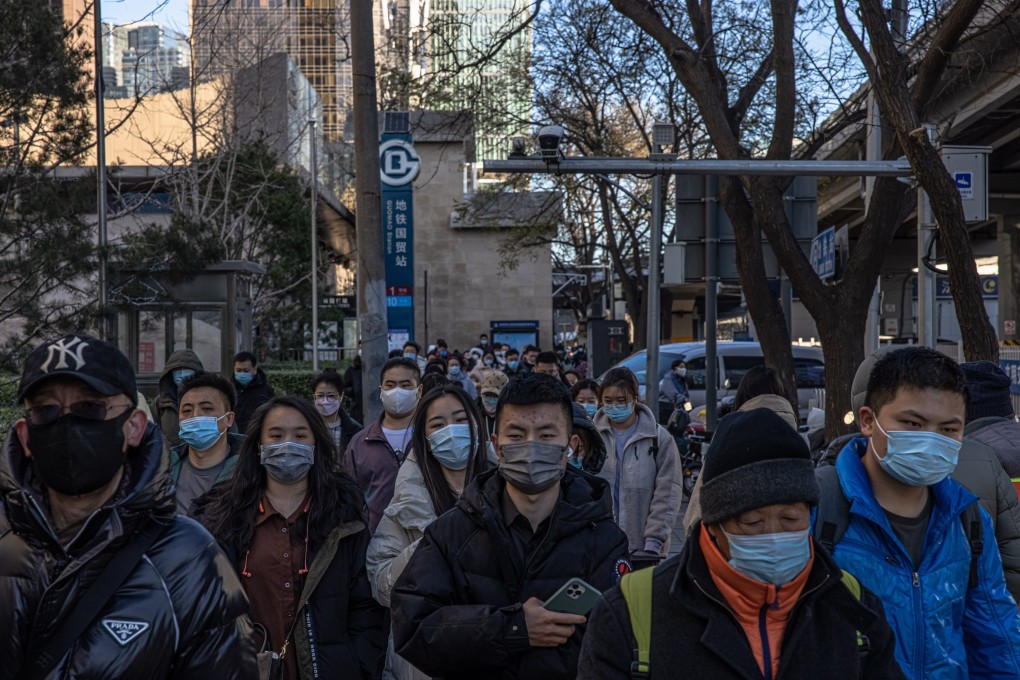China’s wealth gap laid bare by contrasting lives of two coronavirus carriers in Beijing
- Yue, a 44-year-old migrant worker, visited nearly 30 different construction sites across the city, while trying to feed a family of six and search for his missing son
- Li, 26, spent her New Year’s Day and the following weekend in high-end shopping malls, luxury stores, a stand-up comedy show and skiing

The contrasting epidemiological reports of two coronavirus carriers in Beijing have sparked heated debate about widening inequality in China, laying bare the challenges facing the government’s “common prosperity” drive.
Yue came to Beijing to search for his missing son and was responsible for feeding six family members, according to an interview with China News Weekly published on Thursday. Censors banned the story from being shared on WeChat later that day before Police confirmed on Friday the boy had died.
His circumstances were a world away from those of 26-year-old bank employee surnamed Li, who was the city’s first known Omicron case. The woman spent New Year’s Day and the following weekend in high-end shopping malls, luxury stores, a stand-up comedy show and skiing.
The sharp contrast between the two has sparked heated debate on social media about China’s wealth gap, a topic that is gaining growing attention in the world’s No 2 economy.